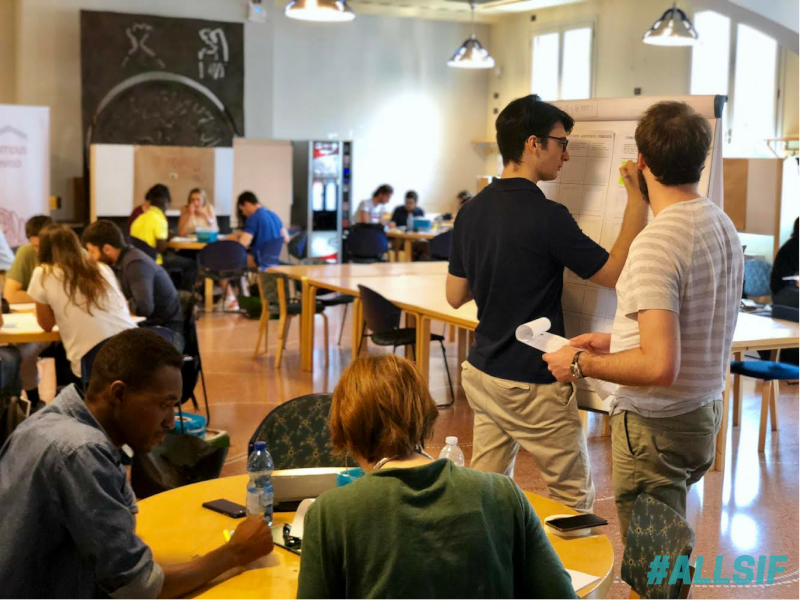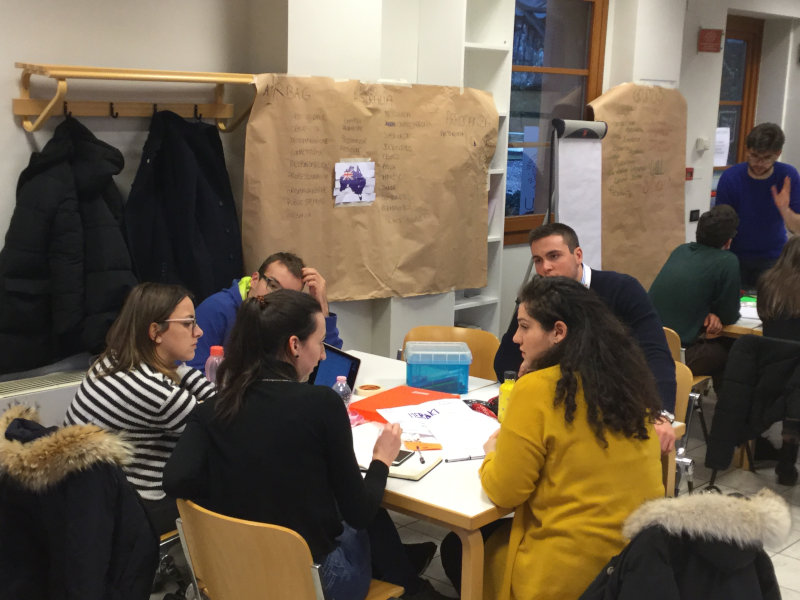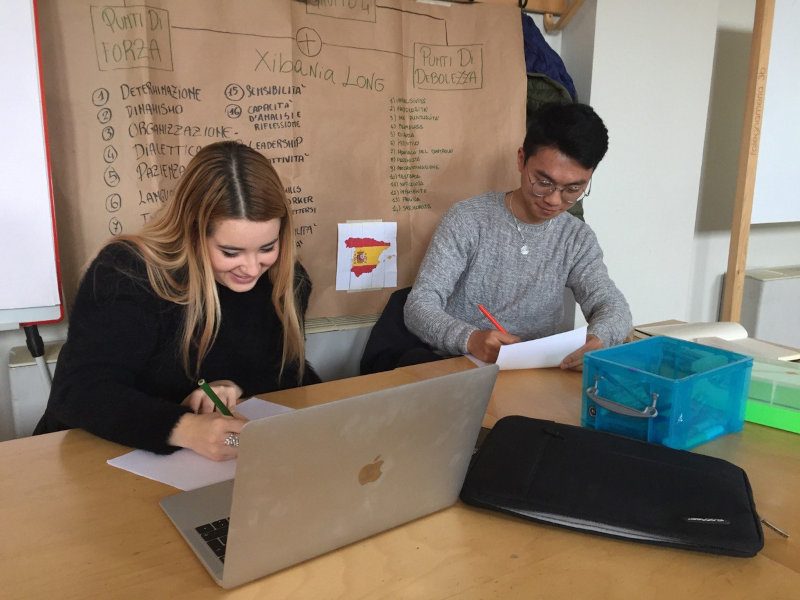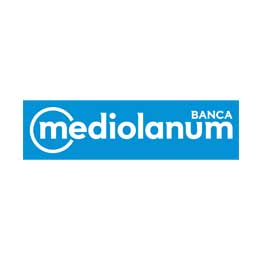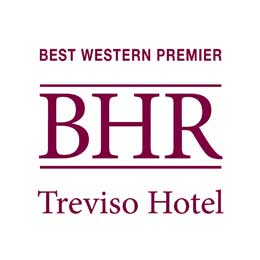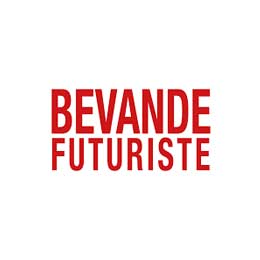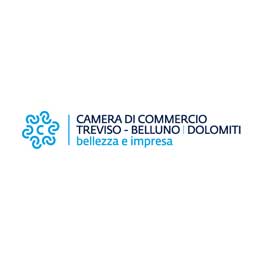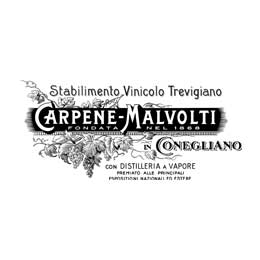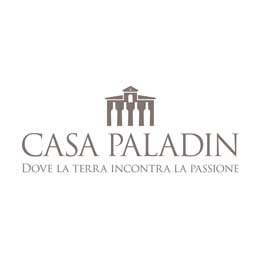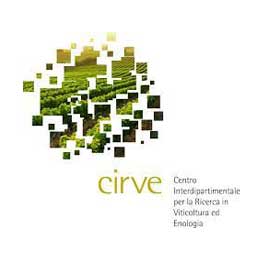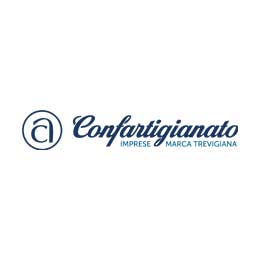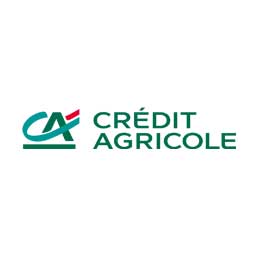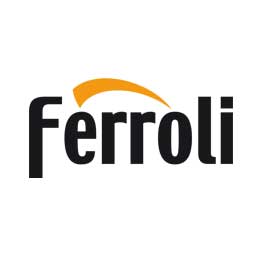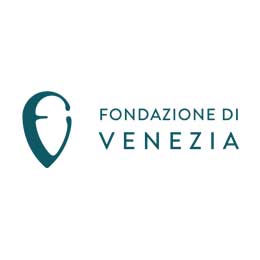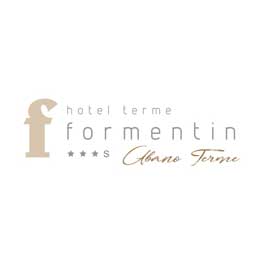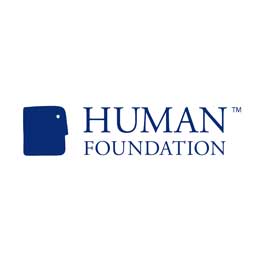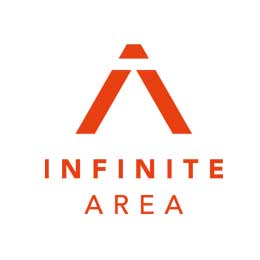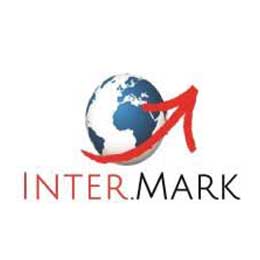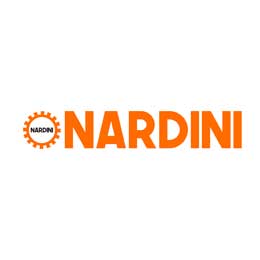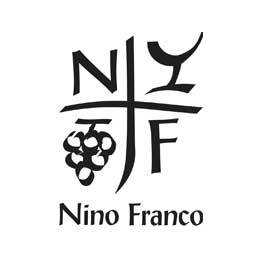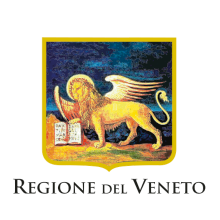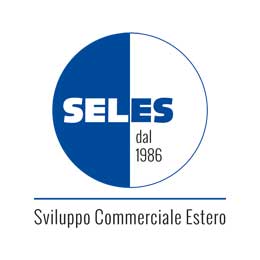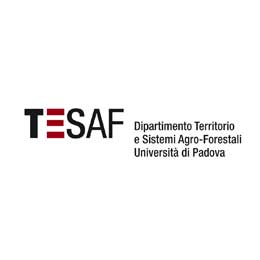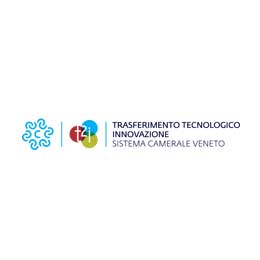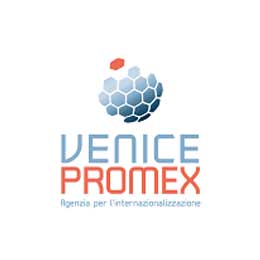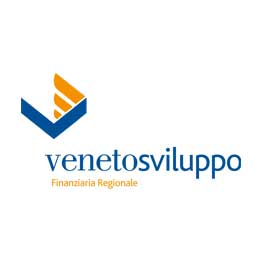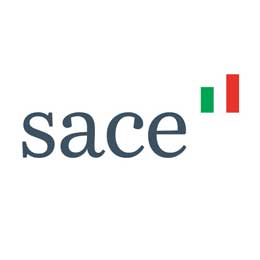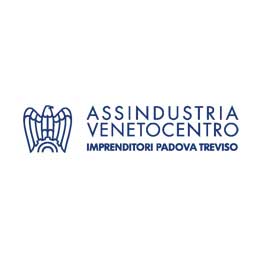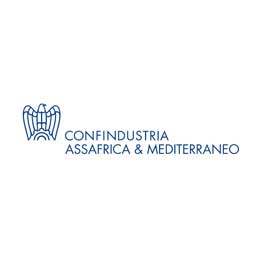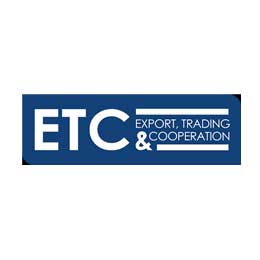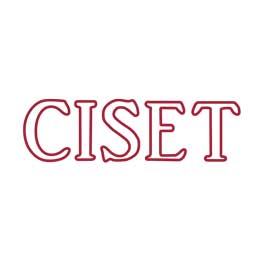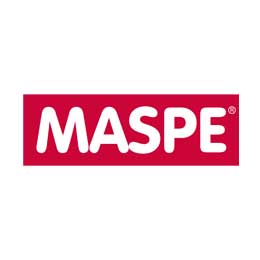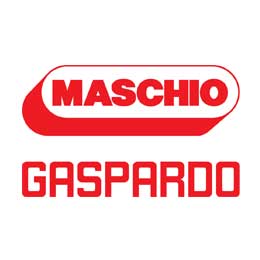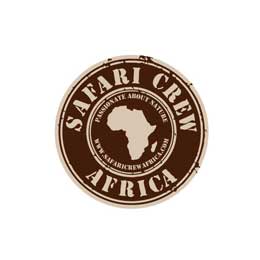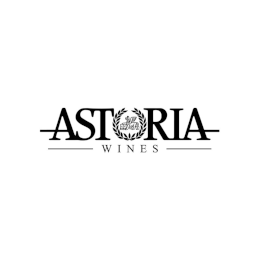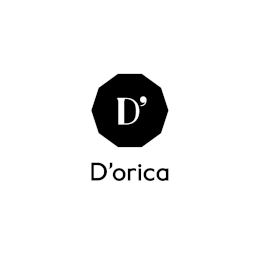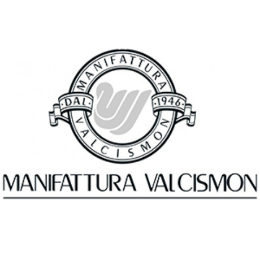CLab - Treviso
CLabs are interdisciplinary laboratories typically structured in 6/8 weeks, addressing university students and graduates with different disciplinary backgrounds, in a process of developing original projects on real challenges and problems, through the enhancement of their creativity and using innovative methodologies such as Design Thinking and the Business Model Canvas.

Recipients
Ca' Foscari CLabs are open to:
- Ca’ Foscari undergraduate student;
- Ca’ Foscari postgraduate students;
- Ca’ Foscari graduated;
- Other Universities undergraduate, postgraduate and graduated students;
- High school students and Italian technical institutions (ITS) students;
Admission to single laboratories is defined via call for admission, which regulate the contents and organisation of the laboratory, application procedure and selection criteria.
Laboratories available
CLab AI - New digital technologies for business internationalisation

The laboratory will focus on the practical application of Artificial Intelligence technologies to support companies in their expansion into foreign markets, exploring innovative solutions designed to optimize internationalization processes. The goal is to demonstrate how AI can become a strategic lever to make foreign sales strategies more efficient.
Teaching methods
Design Thinking
Group innovation methodology developed by the d.School of Stanford University. It promotes creativity and collaboration between disciplines and encourage the exploration and reformulation of problems starting from people's needs, fostering empathy and creative trust to overcome the failure.
The difference from the usual creative process (problem > idea > solution) is the attitude itself towards the design and creation phase. The focus is on the word "thinking", highlighting the fact that every project comes out to respond to a human need. It is therefore a process focused on the person (human-centered), on his/her needs and on the solutions that are devised.
Business Model
- It describes how a company earns and makes profits. The business model outlines the logic behind the value of a company, i.e. the strategy that the entrepreneur develops to make a profit by providing value to his customers. According to the standard definition, the business model "describes the logic of how an organization creates, distributes and captures value". This definition is by Alexander Osterwalder, creator of the Business Model Canvas, a strategic model used for the creation and development of business model. Basically, it is a visual template that shows the infrastructure, products, customers, suppliers and other elements that identify a company. The business model can be easily build up using the business model canvas, a visual framework presented by Alexander Osterwalder that identifies the 9 key elements of the business model.
- Business Model Kit - from Board of Innovation
This tool allows to create models and visualise the relationships at the basis of the new project proposal.
Social research
Dissemination of the basics of social research on consumption: theories on the subject, concrete examples of research and a synthesis of the qualitative-quantitative methodologies that can be used. To follow, field research both to test what was said in the first part and to find useful data for the proposals of the students, who are called to define personas and consumption contexts in order to support their project proposal.
Marketing
Techniques and approaches theme-oriented for each laboratory, for effective communication of projects.
Effective communication skills: Storytelling and Public Speaking
Communicating effectively means knowing how to express yourself in every situation with any interlocutor both verbally and non-verbally (facial expressions, voice and posture), clearly and consistently with the message we want to convey.
Public speaking is the discipline that provides a speaker with communication tools and strategies to present concepts in front of an audience in a clear and effective way.
Storytelling is a form of communication with very ancient origins. In fact, first oral and then in written form, man has used it for millennia to pass on stories, knowledge, memories and traditions. Storytelling is the art of telling by enriching the narration with details and emotions in order to fully involve those who are listening or reading you. Also used at a corporate level, it allows, for example, to communicate in an exciting way with your customers, make yourself known, communicate your mission effectively or advertise your brand in the best possible way.
Testimonial

“Participating in the CLab has been a unique and enriching learning experience. The high profile of the teachers, always prepared and available, is undoubtedly one of the strengths of the laboratory. The central aspect of the CLab is the collaboration with local companies and the search for solutions to the challenges that the market presents. This practical experience makes the laboratory an ideal training ground for my professional future, offering me the opportunity to apply the knowledge and skills acquired and to deal with the dynamics of the world of work. Furthermore, the CLab is a place of continuous dialogue, where the exchange of ideas and opinions creates a collaborative and lively learning environment. These interactions have helped me to broaden my perspectives, improve and increase confidence in my skills.”
Soumia Abbad, participated in the CLab InterESG
Concluded laboratories
Partners
Last update: 08/05/2025


